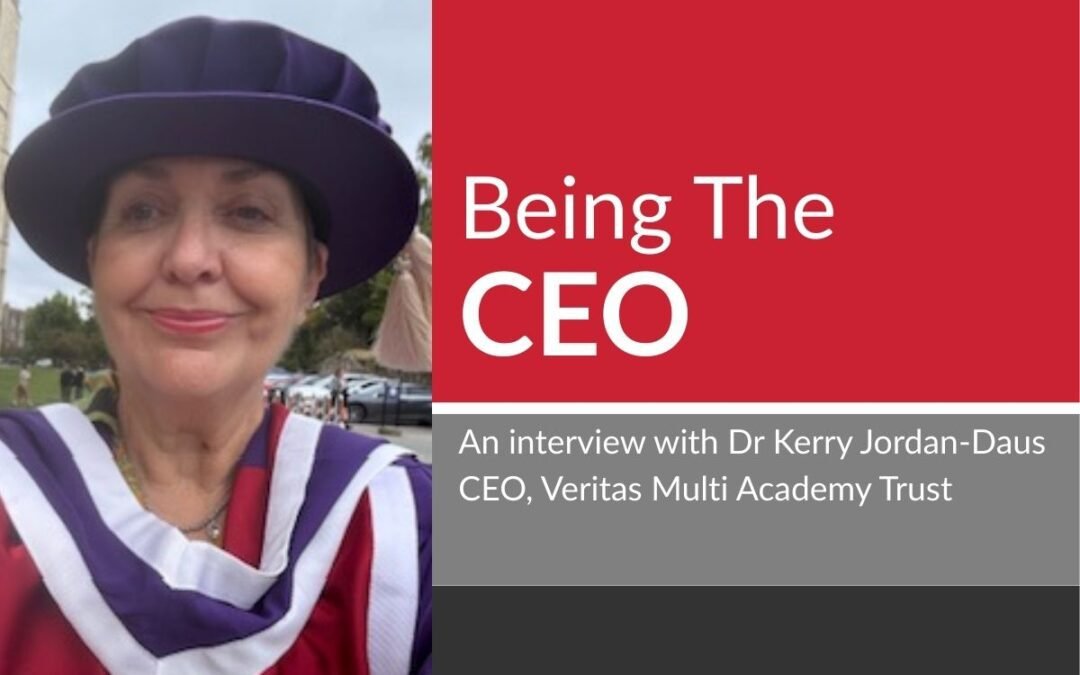 Patrick Dunne has extensive experience of working with Boards and organisations around the world in the business, public body, education and social sectors. He Chairs board consultancy Boardelta and the charities EY Foundation and ESSA – Education Sub Saharan Africa. He is a Trustee of the Chartered Management Institute, a Visiting Professor at Cranfield and the Founder of Warwick in Africa.
Patrick Dunne has extensive experience of working with Boards and organisations around the world in the business, public body, education and social sectors. He Chairs board consultancy Boardelta and the charities EY Foundation and ESSA – Education Sub Saharan Africa. He is a Trustee of the Chartered Management Institute, a Visiting Professor at Cranfield and the Founder of Warwick in Africa.
His executive career was with Air Products and FTSE100 3i Group plc where he was a member of its operating committee. He has a degree in Mathematics and Statistics from Warwick and an MBA from Cranfield. Patrick is also the author of several highly successful books and is co-author (with Rebecca Robins) of the very recently published ‘Five Generations at Work: How we Win Together, For Good’.
In this article, building on the theme of this latest book, Patrick explores the rise of the ‘multi-generational workplace’ within which several generations of workers with varying needs, expectations and attitudes must work together to contribute successfully to the organisation’s vision and purpose. He touches on how this is becoming an increasingly important issue in schools and trusts, particularly in relation to recruitment and retention, and outlines how trust leaders can harness the potential of different generations, to create positive and productive workplaces within which all feel they can thrive and belong.
Schools (and trusts) are multigenerational workplaces by their nature; from student councils to staff and Governors, a typical trust will involve Boomers, Gen Xs , Millennials, Gen Zs and Gen Alphas. Schools are also organisations that have a multi-generational purpose at their core. Educating future generations and preparing them for adulthood is a crystal-clear example of “Good Ancestor” thinking and requires a mentality of bringing out the best in all of those involved, no matter what their generation.
“Educating future generations and preparing them for adulthood is a crystal-clear example of “Good Ancestor” thinking and requires a mentality of bringing out the best in all of those involved, no matter what their generation.”
Yet sadly, the broader discourse around generations and intergenerational working is all too often focused on the negative; and this is divisive and reductive. It’s also frequently fuelled by superficial stereotypes such as “Boomers have stolen our futures and are useless at tech” or “Millennials are a bunch of workshy avocado munching wasters”.
This needs to change. We’ve been having the wrong conversation with the wrong mindset and it is creating unnecessary division in the workplace. And this, in turn, is influencing decisions about whether individuals choose to stay or leave an organisation; something we know is a particular challenge within education.


